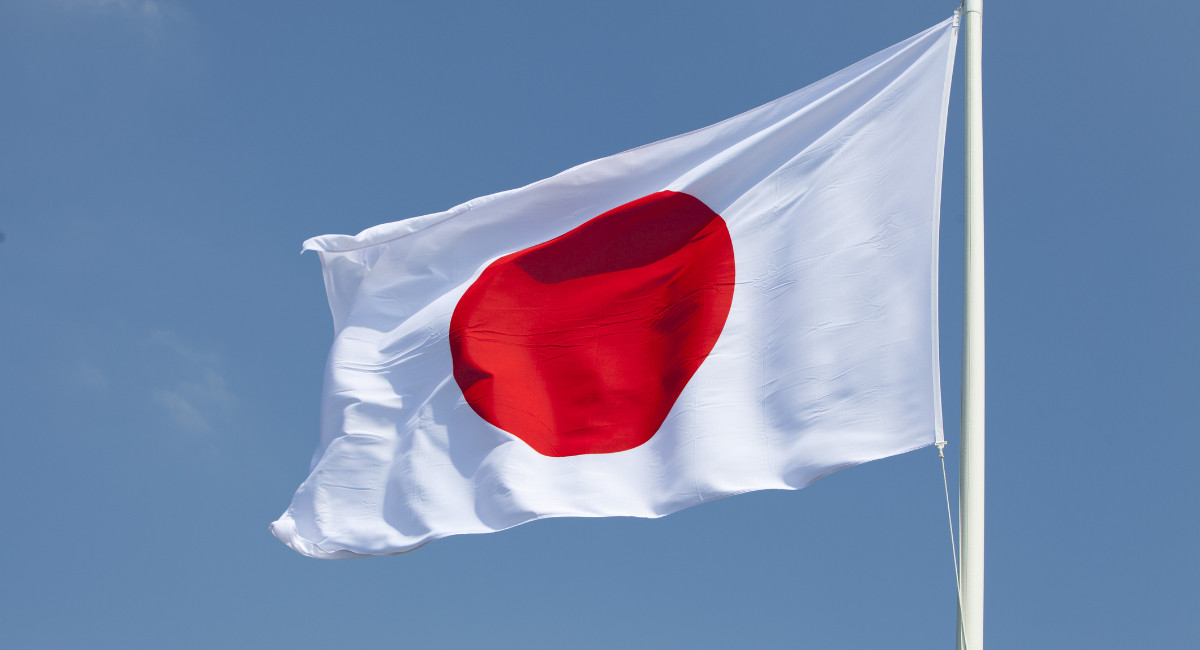A panel in the Japanese government gave approval last Friday to the use of the abortion pill in the country.
The Ministry of Health, Labor, and Welfare approved the MeFeego Pack, an abortion pill manufactured by British pharmaceutical Linepharma, for use in the first nine weeks of pregnancy. Per The Japan Times, the country’s health minister still needs to sign off on the pill’s use but is expected to give the final approval.
Though it seems likely that chemical abortions will soon be available in the country, officials are still weighing the specific protocols, including whether or not to implement guidelines that would keep women in the hospital while they undergo the multi-day abortion pill procedure.
Chemical abortion via the abortion pill is a two-step regimen involving the drugs mifepristone and misoprostol. The procedure begins when the woman takes mifepristone, which blocks progesterone and starves the baby of nutrients needed to survive. Typically one to two days later, she takes misoprostol, which causes contractions and bleeding so that she delivers the baby. Risks include severe cramping, heavy bleeding, nausea, vomiting, diarrhea, abdominal pain, and headache. Some women have even died.* Data has shown that though the procedure now accounts for the majority of all American abortions, it is four times more dangerous than surgical abortions.
Ligaya Acosta, the regional director of Asia and Oceania at Human Life International, told Catholic News Agency that the pro-life community in the country is a small but growing movement. She said that though many people in the country are pro-life, they don’t know how to advocate for life in the government, which is often influenced by “pressure” from outside sources to expand abortion. “They are people who are very committed to promoting and defending life and family,” Acosta said of the general population. “The Japanese are very pro-life people, but most are silent.”
Though abortion advocates in Japan are celebrating the pill’s likely approval, they are still fighting for the further loosening of pro-life protections. The country currently requires a married woman seeking an abortion to get the permission of her husband, a provision some abortion advocates say is unfair.
“Being able to control one’s own pregnancy is already the minimum requirement for gender equality,” claimed Kumi Tsukahara, director of the Reproductive Health Rights Literacy Institute. “Although this discussion is on medicine, we must not lose sight of how this is a human rights issue.”
**The FDA has received reports of serious adverse events in patients who took mifepristone. As of June 30, 2022, there were 28 reports of deaths in patients associated with mifepristone since the product was approved in September 2000, including two cases of ectopic pregnancy (a pregnancy located outside the womb, such as in the fallopian tubes) resulting in death; and several fatal cases of severe systemic infection (also called sepsis). The adverse events cannot with certainty be causally attributed to mifepristone because of concurrent use of other drugs, other medical or surgical treatments, co-existing medical conditions, and information gaps about patient health status and clinical management of the patient. A summary report of adverse events that reflects data through June 30, 2022, is here. The FDA has reviewed this information and did not identify any new safety signals. The FDA intends to update this summary report as appropriate.








